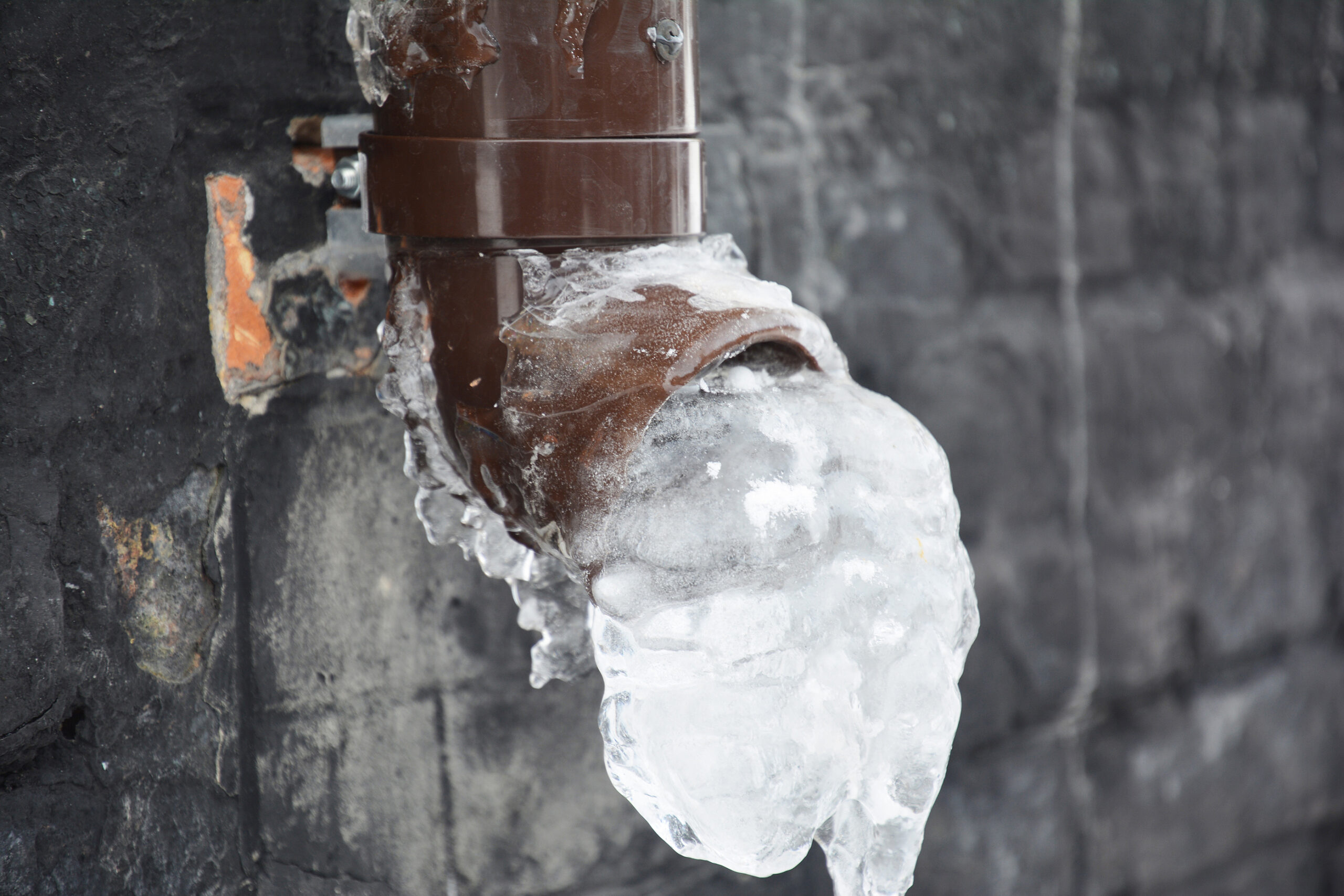Avoiding Frozen Plumbing in Winter: Professional Advice
Avoiding Frozen Plumbing in Winter: Professional Advice
Blog Article
Are you hunting for information and facts around How To Avoid Freezing Pipes?

Winter can wreak havoc on your plumbing, specifically by freezing pipes. Here's just how to stop it from taking place and what to do if it does.
Introduction
As temperature levels drop, the risk of icy pipes boosts, possibly resulting in expensive repair services and water damage. Comprehending how to stop frozen pipes is crucial for property owners in cold environments.
Prevention Tips
Protecting at risk pipelines
Wrap pipelines in insulation sleeves or make use of warm tape to shield them from freezing temperatures. Focus on pipes in unheated or exterior areas of the home.
Heating methods
Maintain interior spaces adequately warmed, particularly locations with pipes. Open cupboard doors to permit cozy air to distribute around pipes under sinks.
Exactly how to identify frozen pipes
Search for reduced water circulation from faucets, unusual smells or sounds from pipelines, and visible frost on exposed pipes.
Long-Term Solutions
Structural changes
Consider rerouting pipelines away from outside wall surfaces or unheated areas. Add extra insulation to attics, cellars, and crawl spaces.
Updating insulation
Buy top quality insulation for pipelines, attics, and walls. Correct insulation aids maintain consistent temperature levels and decreases the threat of frozen pipelines.
Shielding Exterior Pipes
Garden tubes and exterior taps
Disconnect and drain pipes garden tubes prior to wintertime. Mount frost-proof faucets or cover outside taps with insulated caps.
Recognizing Icy Pipes
What causes pipes to ice up?
Pipes freeze when subjected to temperatures listed below 32 ° F (0 ° C) for prolonged durations. As water inside the pipes ices up, it increases, taxing the pipe wall surfaces and possibly triggering them to burst.
Threats and damages
Frozen pipelines can bring about water system disturbances, property damage, and expensive fixings. Burst pipes can flooding homes and create comprehensive structural damage.
Indications of Frozen Water Lines
Identifying icy pipes early can stop them from bursting.
What to Do If Your Pipelines Freeze
Immediate actions to take
If you believe frozen pipelines, keep faucets open to alleviate pressure as the ice thaws. Use a hairdryer or towels soaked in hot water to thaw pipelines gradually.
Verdict
Preventing frozen pipelines requires proactive measures and quick responses. By recognizing the causes, indicators, and safety nets, homeowners can safeguard their plumbing during cold weather.
Helpful Tips to Prevent Frozen Pipes this Winter
UNDERSTANDING THE BASICS: WHY PIPES FREEZE AND WHY IT’S A PROBLEM
Water freezing inside pipes is common during the winter months, but understanding why pipes freeze, and the potential problems it can cause is crucial in preventing such incidents. This section will delve into the basics of why pipes freeze and the associated problems that may arise.
THE SCIENCE BEHIND FROZEN PIPES
When water reaches freezing temperatures, it undergoes a physical transformation and solidifies into ice. This expansion of water as it freezes is the primary reason pipes can burst. As the water inside the pipe freezes, it expands, creating immense pressure on the walls. If the pressure becomes too great, the pipe can crack or rupture, leading to leaks and water damage.
FACTORS THAT CONTRIBUTE TO PIPE FREEZING
Low Temperatures: Extremely cold weather, especially below freezing, increases the risk of pipes freezing. Uninsulated or Poorly Insulated Pipes: Pipes located in unheated areas, such as basements, crawl spaces, or attics, are more prone to freezing. Insufficient insulation or lack of insulation altogether exacerbates the problem. Exterior Wall Exposure: Pipes running along exterior walls are susceptible to freezing as they encounter colder temperatures outside. Lack of Heating or Temperature Regulation: Inadequate heating or inconsistent temperature control in your home can contribute to frozen pipes. PROBLEMS CAUSED BY FROZEN PIPES
- Pipe Bursting: As mentioned earlier, the expansion of water as it freezes can cause pipes to burst, resulting in significant water damage.
- Water Damage: When pipes burst, it can lead to flooding and water damage to your property, including walls, ceilings, flooring, and personal belongings.
- Structural Damage: Prolonged exposure to water from burst pipes can compromise the structural integrity of your home, leading to costly repairs.
- Mold and Mildew Growth: Excess moisture from water damage can create a favorable environment for mold and mildew growth, posing health risks to occupants.
- Disrupted Water Supply: Frozen pipes can also result in a complete or partial loss of water supply until the issue is resolved.
WHY CERTAIN PIPES ARE MORE PRONE TO FREEZING
- Location: Pipes located in unheated or poorly insulated areas, such as basements, crawl spaces, attics, or exterior walls, are at higher risk of freezing.
- Exterior Pipes: Outdoor pipes, such as those used for irrigation or exposed plumbing, are particularly vulnerable to freezing as they are directly exposed to the elements.
- Supply Lines: Pipes that carry water from the main water supply into your home, including the main water line, are critical to protect as freezing in these lines can affect your entire plumbing system.
- Underground Pipes: Pipes buried underground, such as those connected to sprinkler systems or outdoor faucets, can be susceptible to freezing if not properly insulated.
https://busybusy.com/blog/helpful-tips-to-prevent-frozen-pipes-this-winter/

I hope you enjoyed reading our post about Helpful Tips to Prevent Frozen Pipes this Winter. Thanks a ton for finding the time to read through our post. Do you know about somebody else who is sincerely interested in How to Prevent Your Pipes From Freezing? Why not share it. Thanks for your time. Return soon.
Get Offer Report this page